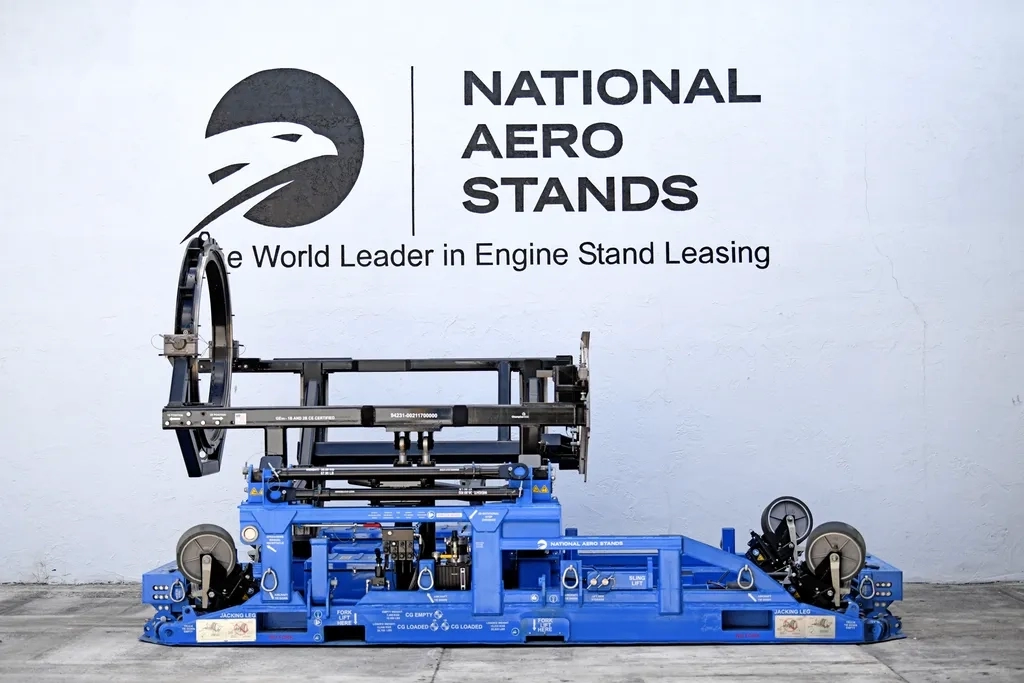The GEnx engine, manufactured by GE Aerospace, stands as a pinnacle of commercial aviation technology. This widebody jet engine, specifically designed for large aircraft, combines exceptional fuel efficiency with significant noise reduction and low emissions. As a smaller core variant of the celebrated GE90 engine, it has been meticulously engineered to meet next-generation aircraft requirements.
History and Development of the GEnx Engine
GE Aerospace’s vision for a more efficient and environmentally conscious propulsion system led to the GEnx’s creation. The engine’s significance was cemented in 2016 when Boeing selected it alongside the Rolls-Royce Trent 1000 for their aircraft, following rigorous competitive evaluation.
Applications of the GEnx Engine
The GEnx engine powers two of Boeing’s most advanced commercial aircraft:
- Boeing 787 Dreamliner – Providing optimal power-to-efficiency ratio for long-haul flights
- Boeing 747-8 – Demonstrating scalability while maintaining impressive fuel economy
Key Features of the GEnx Engine
The GEnx engine introduces revolutionary advancements in aviation technology, notably eliminating traditional bleed air systems in favor of more efficient electrical systems. This innovative approach significantly enhances overall engine performance and efficiency.
Advanced Materials and Design
- Lightweight composite materials for reduced weight and maintained strength
- Specialized coatings for enhanced durability
- Innovative clean-burning combustor
- Counter-rotating architecture
- Virtually maintenance-free fan module
Fuel Efficiency and Performance
| Performance Metric | Achievement |
|---|---|
| Fuel Consumption Improvement | Up to 15% better than predecessors |
| Dispatch Rate | 99.98% |
| Time on Wing | 3x higher than previous models |
| Significant Events | 3x fewer than earlier models |
Environmental Impact and Sustainability
- CO2 emissions reduction of 1.4% per year
- Emissions up to 95% below current regulatory limits
- Optimized energy use through elimination of bleed air system
- Reduced overall carbon footprint per flight
Benefits of Using the GEnx Engine
The GEnx engine delivers substantial advantages for airlines and operators, including 20% longer on-wing time and a 30% reduction in parts compared to predecessors. These improvements, combined with its exceptional dispatch rate of 99.98%, make it a cost-effective and reliable choice for modern commercial aviation.
Cost Efficiency and Maintenance
- 30% reduction in total parts compared to previous models
- 20% longer time on wing, reducing maintenance frequency
- Carbon-fiber composite materials in fan case and blades for enhanced corrosion resistance
- Reduced line maintenance requirements
- 15% improvement in specific fuel consumption
These innovative design features translate into substantial cost savings for airlines, making the GEnx an economically attractive option for long-term fleet planning. The streamlined design not only simplifies maintenance procedures but also contributes to reduced operational costs across the engine’s lifecycle.
Enhanced Performance and Reliability
The following table highlights key performance and reliability metrics achieved through the use of advanced composite materials and innovative engineering solutions. These improvements have resulted in measurable operational benefits.
| Performance Metric | Achievement |
|---|---|
| Dispatch Rate | 99.98% |
| Noise Reduction | Significant improvement through composite materials |
| Thrust-to-Weight Ratio | Enhanced through lightweight materials |
The GEnx’s exceptional reliability ensures minimal operational disruptions, crucial for maintaining airline schedules and customer satisfaction. Its advanced design, incorporating lightweight composite materials and innovative aerodynamics, delivers superior performance while improving the experience for both passengers and airport communities.
Innovations and Future of the GEnx Engine
The GEnx engine represents a breakthrough in aircraft propulsion technology, establishing new benchmarks for efficiency, performance, and environmental responsibility. As GE Aviation’s most advanced engine for large aircraft, it combines cutting-edge technology with exceptional operational capabilities.
Technological Advancements
- Lightweight composite materials including additively manufactured parts
- Carbon fiber composite fan blades and case
- Clean-burning combustor for reduced emissions
- Counter-rotating architecture
- Advanced 3D aerodynamics in low-pressure turbine
- Specialized protective coatings
Future Prospects and Developments
GE Aviation continues to advance the GEnx platform through ongoing research and development initiatives. Key focus areas include:
- Integration of digital technologies and artificial intelligence for predictive maintenance
- Exploration of advanced composites and additive manufacturing techniques
- Development of alternative fuel capabilities
- Enhancement of sustainable aviation technologies
- Further improvements in fuel efficiency and emissions reduction

